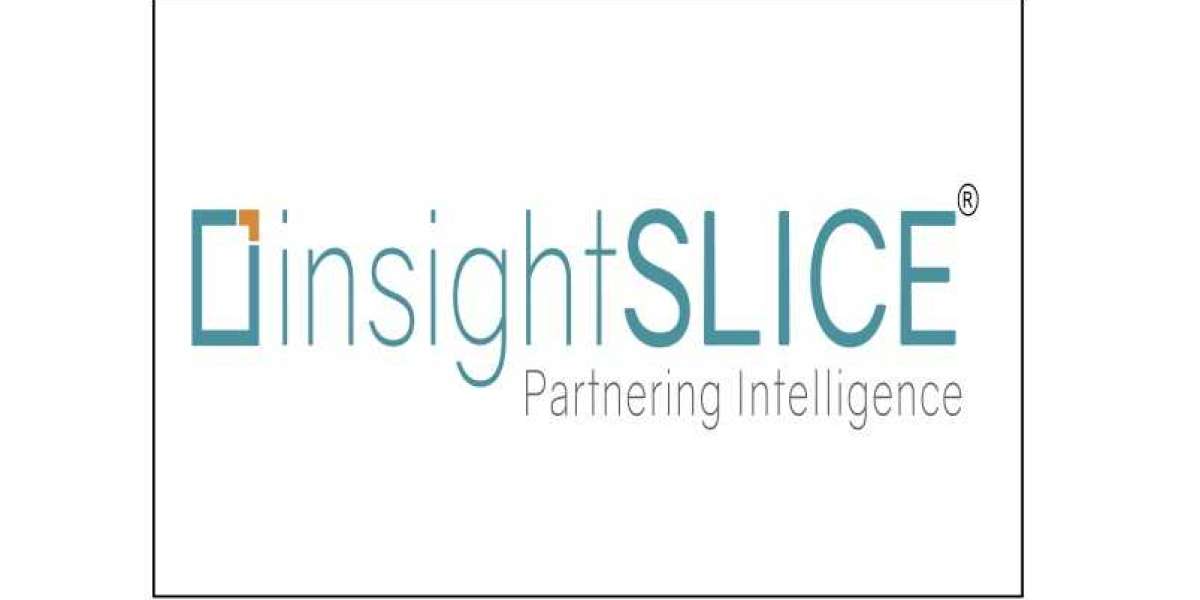Cocaine detox is an important step for people who are trying to overcome cocaine addiction. It allows the body to start a new journey free of toxins and gives the person a chance to focus on their recovery.
Detoxing from cocaine can be a difficult time, but it is possible to get through the withdrawal process and stay sober. The key is to remain positive and keep your motivation high.
Inpatient Rehab
Cocaine detox involves a series of medically-assisted steps to help patients safely withdraw from drugs. During this time, clinicians monitor vital signs and administer medications to lessen cravings and withdrawal symptoms.
A stay in an inpatient drug rehab facility may be necessary for those who suffer from a severe cocaine addiction or have a co-occurring mental health disorder. These facilities offer safe housing and round-the-clock support.
These programs may include a number of treatment options, such as cognitive behavioral therapy, to help patients recognize harmful thoughts and situations that could trigger cravings or use again. They also teach coping strategies to help individuals maintain sobriety in the long term.
Inpatient cocaine rehab is a highly intensive program that requires participants to leave home and attend treatment sessions. It can be difficult to keep up with work or school responsibilities while in treatment, but it can be an effective way to treat a serious substance abuse problem.
Intensive Outpatient Rehab
Intensive outpatient rehab (IOP) is a type of treatment that allows clients to live at home while attending treatment. It is a step down from residential treatment and may be a good option for individuals with less severe addictions or those who cannot leave their jobs or families to participate in full-time residential treatment.
During IOP, clients attend therapy sessions three or four times a week. They also have access to support groups and mentors.
These programs are ideal for people who are beginning to return to their lives after detox. They offer a higher level of care at this early stage in recovery and protect patients from the temptations that might cause relapse or harm.
IOPs are usually covered by insurance when clients receive referrals from a doctor or psychiatrist following inpatient treatment at a hospital. However, the exact cost of IOPs can vary from facility to facility and from state to state.
Partial Hospitalization
Partial hospitalization for cocaine addiction is an excellent choice for those who want a step-down from residential treatment but do not require 24-hour care. It is also great for people who have experienced a small lapse in their recovery and need a little more time to heal.
A partial hospitalization program offers intensive, therapeutic support to those who need more structure than can be provided in an outpatient treatment program. Those who have successfully completed medical detox can often transition into this level of care, and those who are struggling with other mental health issues are often able to use this level of treatment to treat co-occurring disorders.
PHPs provide treatment in a safe, supportive environment where patients are encouraged to explore their emotions and receive the support they need to overcome their addiction. They offer a wide range of treatments, including individual therapy, group therapy, and psych-educational groups. Some facilities also offer job skills training.
Support Groups
Support groups can be a helpful tool in cocaine detox. They can provide a safe place to discuss your feelings, and you’ll also be able to hear from others who have dealt with the same issues.
Almost all members of a support group will have a wealth of experience in dealing with a substance use disorder and the challenges that come along with it. Hearing stories from other people who have fought to maintain their sobriety can be a very powerful source of motivation.
Drug and alcohol abuse can have a significant psychological impact on individuals, as well as their families. Support groups for addiction can help family members understand how their loved one’s behavior affects them and what they can do to help them stay supportive of their recovery.
The first step to recovering from a cocaine addiction is to get professional treatment, which can include both therapy and support groups. The right treatment plan will depend on your needs and goals. It’s important to work closely with a physician, licensed therapist or counselor, social worker, or another medical professional before making a decision on which treatment method is right for you.



